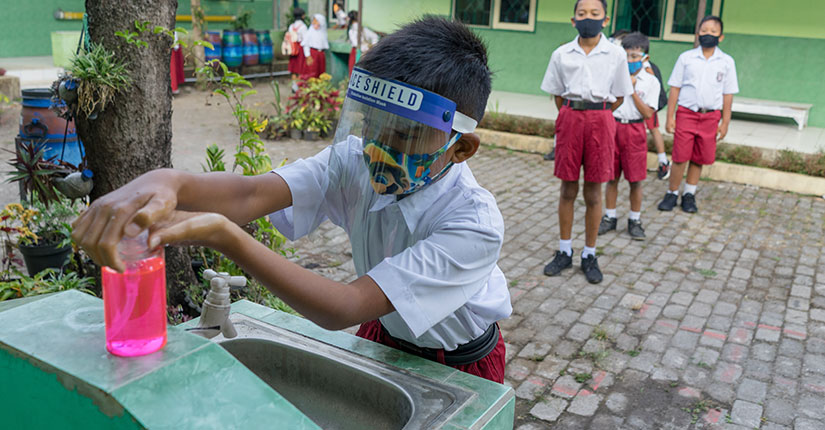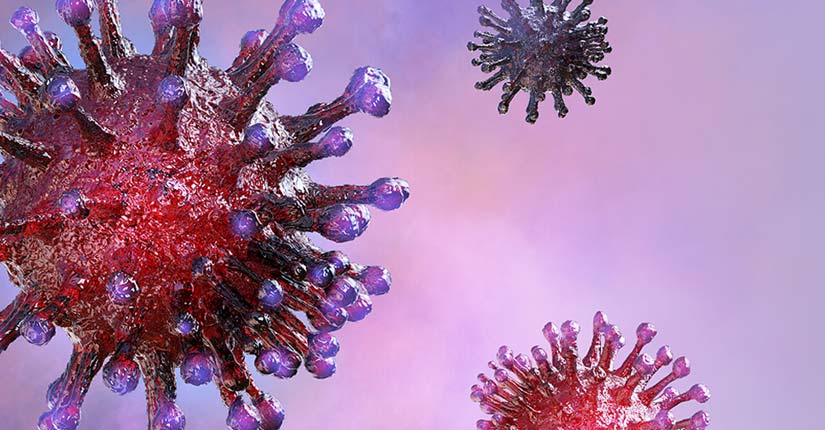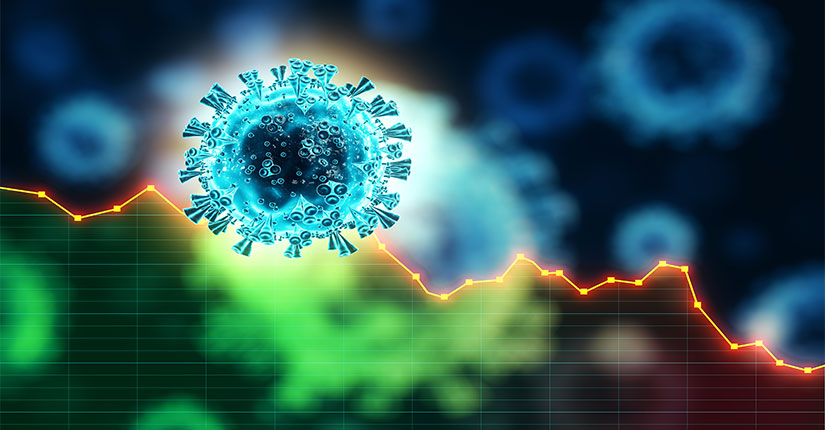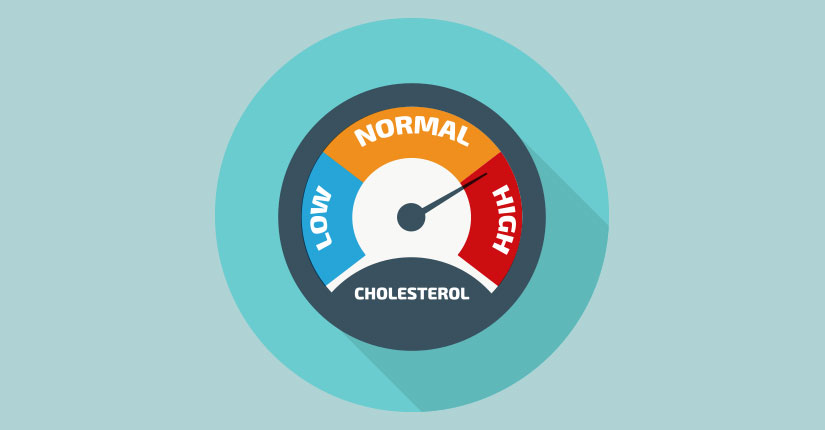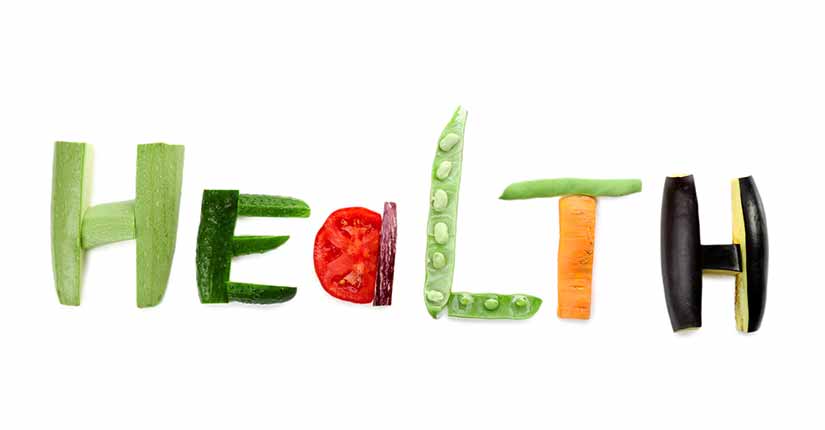WHO Tweeted That Unsafe Food Causes 1 in 6 Deaths From Diarrhea in Children Below 5 Years
By Nmami Agarwal 15-Jun 2022 Reading Time: 4 Mins
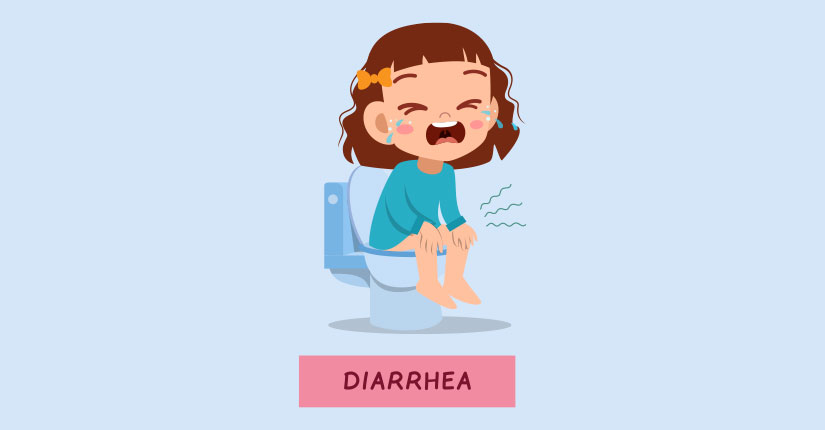
Foodborne diseases are caused by the contamination of food and occur at any stage of the food production, delivery, and consumption chain. They can result from several forms of environmental contamination including pollution in water, soil, or air, as well as unsafe food storage and processing. Every year, nearly one in 10 people around the world fall ill after eating contaminated food, leading to over 420 000 deaths. Children are disproportionately affected, with 125 000 deaths every year in people under 5 years of age. The majority of these cases are caused by diarrhoeal diseases. Other serious consequences of foodborne diseases include kidney and liver failure, brain and neural disorders, reactive arthritis, cancer, and death.
These are closely linked to poverty in low- and middle-income countries but are a growing public health issue around the world. Increasing international trade and longer, more complex food chains increase the risk of food contamination and the transport of infected food products across national borders.
Foodborne diseases encompass a wide range of illnesses from diarrhea to cancers. Most present as gastrointestinal issues, though they can also produce neurological, gynecological, and immunological symptoms. Diseases causing diarrhea are a major problem in all countries of the world, though the burden is carried disproportionately by low- and middle-income countries and by children under 5 years of age
Unsafe Foods Contribute To Many Diseases and Other Poor Health Conditions, like:
- Impaired growth and development
- Micronutrient deficiencies
- Non-communicable or communicable diseases
- Mental illness
World Food Safety Day celebrated on 7 June 2021 aims to draw attention to and inspire action to help prevent, detect and manage foodborne risks, contributing to food security, human health, economic prosperity, agriculture, market access, tourism, and sustainable development.
This year’s theme, ‘Safe food today for a healthy tomorrow’, stresses that the production and consumption of safe food have immediate and long-term benefits for people, the planet, and the economy. Recognizing the systemic connections between the health of people, animals, plants, the environment, and the economy will help us meet the needs of the future.
Each person has a role to play when it comes to food safety. These are some steps we all can follow:
- grow your food
- process it
- transport it
- store it
- sell or buy it
- prepare or serve it
Over To You:
Recognizing the global burden of foodborne diseases, which affect individuals of all ages, in particular, children under-5 and persons living in low-income countries, the United Nations
Food safety is a shared responsibility between governments, producers, and consumers.



